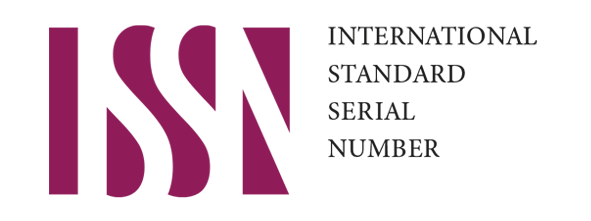The Impact of Caffeine Content in Espresso on Cardiovascular Endurance
DOI:
https://doi.org/10.51178/jsr.v5i1.1778Keywords:
Caffeine, Espresso, Volleyball, Cardiovascular Endurance, Volleyball Team Dusun Kalangbangi Lor AAbstract
This study aims to determine the impact of caffeine content ranging from 94-150 mg in espresso on the cardiovascular endurance of volleyball players. The research employed a quantitative approach, specifically a quasi-experimental method with a one-group pretest-posttest design. The population for this study comprised 14 members of the volleyball team in Dusun Kalangbangi Lor A. The sampling technique involved screening, and data analysis was conducted using the paired sample T-test, preceded by the Shapiro-Wilk test for normality and the test of homogeneity of variances for homogeneity testing. The research findings revealed that the calculated t-value (t-statistic) was greater than the critical t-value (t-table), specifically 5.612 > 2.365, indicating the acceptance of the alternative hypothesis (Ha) and the rejection of the null hypothesis (Ho). Consequently, the conclusions drawn from the study are as follows: (1) There is an impact of caffeine when consumed in sufficient amounts. (2) Based on linear regression analysis, the R-Square value was found to be 0.891. This implies that the impact of consuming caffeine with a content of 94-150 mg in the short term on cardiovascular endurance is 89.1%, with the remaining 10.1% influenced by other factors. Therefore, consuming 94-150 mg of caffeine 30-60 minutes before undergoing a multistage fitness test can have a positive influence on cardiovascular endurance.
Downloads
Published
Issue
Section
License
Copyright (c) 2024 Education Achievement: Journal of Science and Research

This work is licensed under a Creative Commons Attribution-ShareAlike 4.0 International License.














